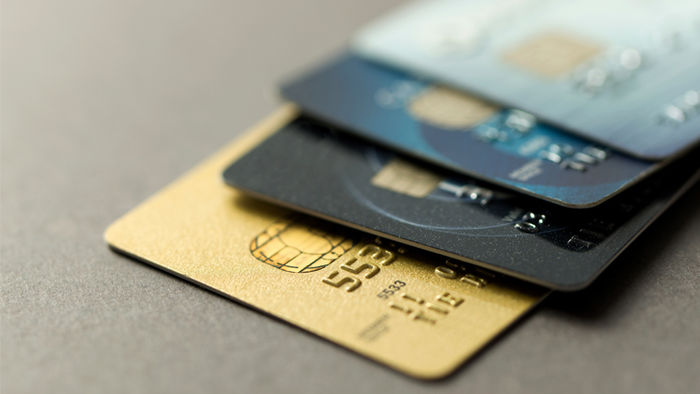Why credit card interest rates are on the rise
By Effie Zahos
The Reserve Bank may have granted Aussie homeowners a reprieve last month by leaving interest rates unchanged for the fifth consecutive month, but unfortunately it's not the same story for credit card holders.
With almost $50 billion racked up in credit card debt, it always surprises me that unofficial rate hikes never seem to make front page news when it comes to credit cards. And as for the margins on credit cards, I'll let the figures do the talking.
In December 2007, the average personal credit card rate was 8.05% above the cash rate.
Today it's 12.72% points higher than the cash rate. According to RateCity data, the average personal credit card purchase rate has risen by 1.7% over the past two years while the Reserve Bank's official cash rate has risen only 0.5%. So a $4000 debt is costing you about $70 more a year in interest than it was two years ago.
Sure, credit cards are an unsecured debt and, as RateCity's chief executive officer Damian Smith says: "They are riskier than many other forms of credit because of their repayment flexibility and lack of security." But how much riskier are they than, say, an unsecured personal loan?
The average reward credit card interest rate is 20% yet you can pick up a personal loan from a major bank for around 15%. Credit unions and building societies are even more competitive when it comes to personal loan rates.
Obviously you are paying for the rewards and, as Canstar Cannex's credit card specialist Peter Arnold points out, if you ditch your reward card for a low-rate card it could work out cheaper than an unsecured personal loan.
"Many institutions actually charge a lower interest rate for their low-rate credit card than their unsecured personal loan," says Arnold. This is certainly true for our Credit Card Issuer of the Year winner, the Commonwealth Bank.
Arnold says: "Anyone on a standard card with an annual fee, interest of around 20% but no rewards program or additional benefits should really change cards as they are paying for nothing really."
Great tip but this doesn't change the fact that credit card rates are at a much higher margin than they were pre-global financial crisis. Here's what I propose:
If a consumer has their mortgage and a credit card with the same institution, why not wrap them together so a discounted rate can be given on the credit card - not just the mortgage? A lower interest rate on a home loan will be far more important financially, but given credit cards tend to stay with us for life, any saving on interest rates would be an advantage.
Surely in this day and age of innovative home loans a lender could come up with a package offering the two at the same rate.
If a consumer doesn't have a home loan then a discount on the interest rate should be offered for every year they keep their account in order. Bankwest, for example, offers its Rate Cutter Home Loan customers a discount of 0.1%pa each year for up to four years (0.4%pa for year 5 onwards) for just simply keeping their home loan with them. Of course this will affect their bottom line and, as Arnold notes, if credit card issuers are forced to reduce their margins, reward programs will not be quite as generous and certainly other benefits would start to disappear.
The good news is that while the level of credit card debt collectively is reaching new records, Reserve Bank data shows that credit card balances accruing interest have dropped for the first time since November 2010. It also shows a drop in credit card transactions and a rise in debit cards. If you just can't let go of your credit card, why not make the switch to a debit-credit card?
Debit-credit cards are good for those who don't want a credit limit but want the security features of a credit card and the option of using their debit card for over the phone or internet transactions.
According to RateCity, the top three debit-credit cards are from Bank of Queensland, Bankwest and Citibank.
"The big thing that these cards have is that they don't charge ongoing fees and have unlimited transactions," says Smith.
"Read the terms and conditions, as some come with conditions, such as depositing a minimum of $2000 each month into the account."
Get stories like this in our newsletters.



